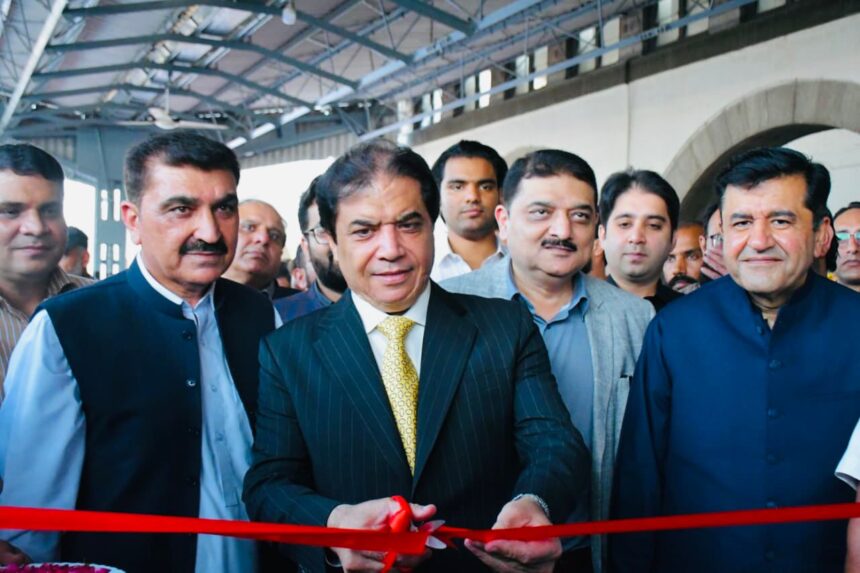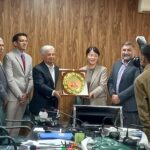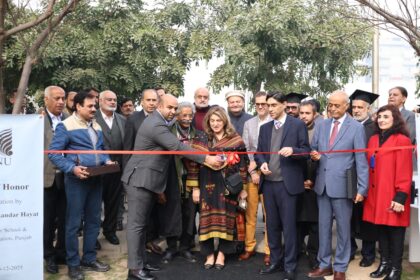Federal Railway Minister Muhammad Hanif Abbasi formally inaugurated the new Subak Kharam rake (104DN) at Rawalpindi Railway Station, marking the start of upgraded services aimed at improving passenger comfort and on-board facilities.
The minister said the replacement of rakes on the Lahore–Rawalpindi corridor is underway in phases, with four trains scheduled for renewal to offer more comfortable seating, standard meals and beverages, and an overall improved travel environment. The Subak Kharam rake will be part of this broader upgrade program designed to raise service standards.
To enhance local connectivity, authorities announced a new rail service between Margalla and Rawalpindi stations in collaboration with the Capital Development Authority. An interchange facility near Margalla station on 9th Avenue will ease transfers, while an electric bus link of up to 10 km connecting Rawalpindi Railway Station to Shibli Chowk will be launched with support from the Punjab Mass Transit Authority.
The Frontier Works Organization is working with the railways to upgrade Rawalpindi Station into a Safe and Smart Station, a project set for completion by October 15. Station upgrades will include improved cleanliness, executive lounges, modern waiting areas, escalators and free Wi-Fi to elevate the passenger experience.
Minister Abbasi provided key timelines, saying the Narowal section has been declared profitable and will resume operations on October 25. Upgrades to 400 coaches are expected to be completed by December 31, and 60 new coaches from the carriage factory will join the fleet by December. Reforms are also ongoing for services such as Shalimar Express, Awam Express and Allama Iqbal Express, while running rooms for drivers and staff are being modernised.
Security enhancements will introduce a new safe and secure system using facial and eye recognition to bolster passenger safety. The minister also highlighted a recent agreement with Saudi Arabia as a result of the prime minister’s efforts, saying it will open new avenues of cooperation across sectors, including rail, and support broader economic growth linked to projects like the Subak Kharam rake initiative.











